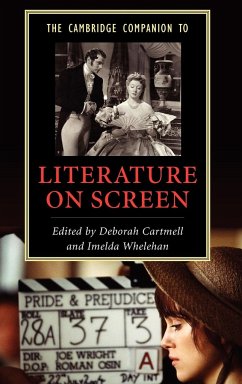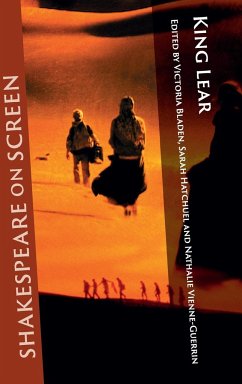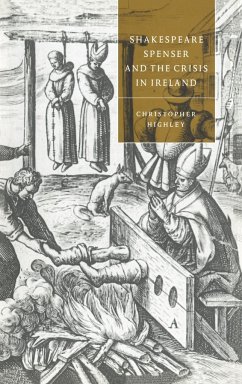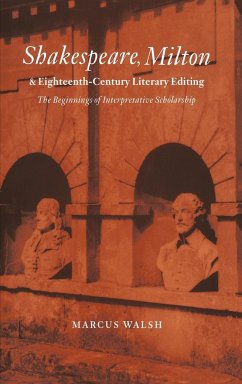
Shakespeare, from Stage to Screen
Versandkostenfrei!
Versandfertig in 1-2 Wochen
103,99 €
inkl. MwSt.
Weitere Ausgaben:

PAYBACK Punkte
52 °P sammeln!
How is a Shakespearean play transformed when it is directed for the screen? In this 2004 book, Sarah Hatchuel uses literary criticism, narratology, performance history, psychoanalysis and semiotics to analyse how the plays are fundamentally altered in their screen versions. She identifies distinct strategies chosen by film directors to appropriate the plays. Instead of providing just play-by-play or film-by-film analyses, the book addresses the main issues of theatre/film aesthetics, making such theories and concepts accessible before applying them to practical cases. Her book also offers guid...
How is a Shakespearean play transformed when it is directed for the screen? In this 2004 book, Sarah Hatchuel uses literary criticism, narratology, performance history, psychoanalysis and semiotics to analyse how the plays are fundamentally altered in their screen versions. She identifies distinct strategies chosen by film directors to appropriate the plays. Instead of providing just play-by-play or film-by-film analyses, the book addresses the main issues of theatre/film aesthetics, making such theories and concepts accessible before applying them to practical cases. Her book also offers guidelines for the study of sequences in Shakespearean adaptations and includes examples from all the major films from the 1899 King John, through the adaptations by Olivier, Welles and Branagh, to Taymor's 2000 Titus and beyond. This book is aimed at scholars, teachers and students of Shakespeare and film studies, providing a clear and logical apparatus with which to examine Shakespearean screen adaptations.














